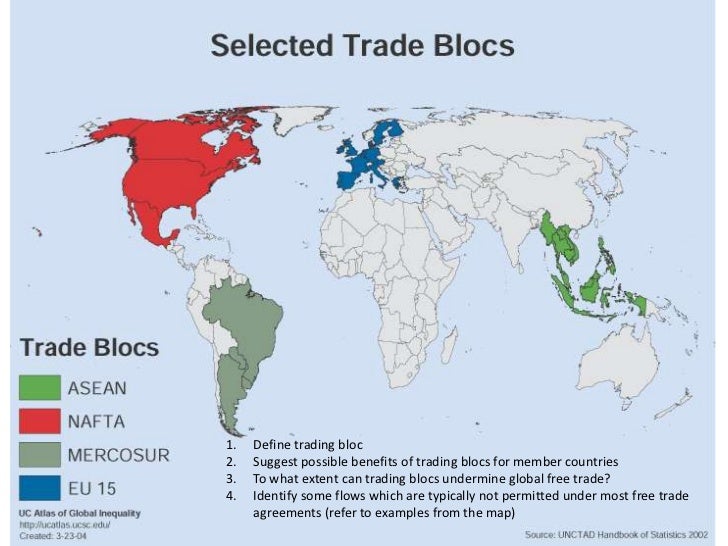

The South Pacific Regional Trade and Economic Co-Operation Agreement (SPARTECA) is a nonreciprocal trade agreement under which the two developed nations of the South Pacific Forum, Australia and New Zealand offer duty free and unrestricted or concessional access for virtually all products originating from the developing island member countries of the Forum, hereinafter called the Forum Island Countries (FICs). Signed in 1980 in Tarawa and subject to Rules of Origin regulations, the agreement was designed to address the unequal trade relationships between the two groups.Ĭook Island, Australia, Fiji, Marshall Islands, Micronesia, Nauru, New Zealand, Papua New Guinea, Samoa, Solomon Islands, Tonga, Tuvalu, Vanuatu, Kiribati, and Niue are members of it. It is a nonreciprocal trade agreement in which Australia and New Zealand offer duty-free and unrestricted access for specified products originating from the developing island member countries of the Pacific Islands Forum. SAFTA was envisaged primarily as the first step towards the transition to a South Asian Free Trade Area (SAFTA) leading subsequently towards a Customs Union, Common Market and Economic Union. The SAARC policies aim to promote welfare economics, collective self-reliance among the countries of South Asia, and to accelerate socio-cultural development in the region. The idea of regional political and economic cooperation in South Asia was first raised in 2nd May 1980 by Bangladesh President Ziaur Rahman and the first summit was held in Dhaka on 8 December 1985. The SAARC Secretariat is based in Kathmandu, Nepal. It is an economic and geopolitical organisation of eight countries that are primarily located in South Asia or Indian subcontinent. South Asian Association for Regional Co-Operation : The space in which trade takes place is defined by the flows of economic activity, rather than by political boundaries. Since the inception of the General Agreement on Tariffs and Trade (GATT), there have been more than 240 regional trade arrangements (RTAs) or preferential trade arrangements (PTAs), a large portion of which are regional free trade agreements (FTAs).Įconomic activities are increasingly occurring within supranational spaces or regional states, which results in functionally interconnected transnational spaces.

The reorientation of trade policy towards more openness and the rapid economic growth in Asia has resulted in a new geographical pattern of world production and trade. Regional integration would allow economies to gain in terms of scale of production and in moving up the value chain, through import substitution industrialisation and without opening up immediately to competition with the most advanced exporters in the world. Since the 1960s, regional economic integration has been a goal pursued by most middle-income countries.

Voiced most forcefully by the nineteenth century Manchester liberals, this claim remains influential and rests on a number of core arguments. The claim that open trade inhibits war can be traced to philosophers and theologians writing almost two millenniums ago. The North American Free Trade Agreement (NAFTA), the European Union, Asia-Pacific Economic Cooperation (APEC), and Mercosur are just a few examples of this trend. Over the last decade, a large number of bilateral trading arrangements have been created, strengthened, or proposed in nearly every region of the world. Though deflation contributed to the collapse, even at constant prices the volume of trade in 1932 was nearly 30 percent below 1929 levels. The early 1930s witnessed an astonishing implosion of world trade. This negative correlation raises the time-honoured question of whether regional trade agreements help or hinder global trade liberalisation. Regionalism is sweeping the world trading system like wildfire while multilateral negotiations proceed at a glacial pace. Term Paper on Dominican Republic – Central America Free Trade Agreement.Term Paper on European Union Customs Union.Term Paper on the Cooperation Council for the Arab States of the Gulf.Term Paper on Southern African Customs Union.



 0 kommentar(er)
0 kommentar(er)
